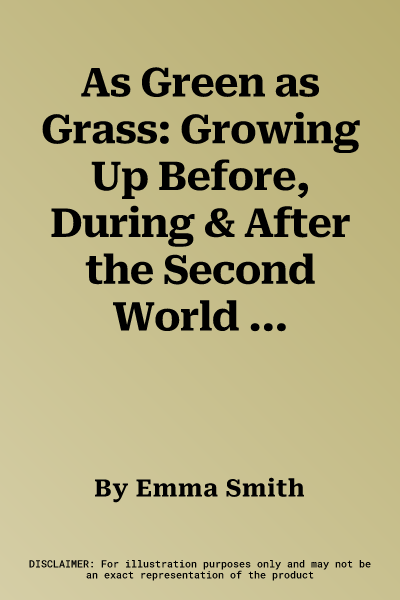Uprooted from her beloved Great Western Beach, Emma Smith moves with her
family from Newquay to the Devonshire village of Crapstone. But the dust
has hardly settled when tragedy strikes, and Emma's father, a
DSO-decorated hero of the Great War, is so frustrated by the hardship of
life as a lowly bank clerk and by his thwarted artistic ambitions that
he suffers a catastrophic breakdown-from which disaster Emma's
resourceful mother rallies courageously. Then, in 1939, the war again
becomes a reality. Emma's sister Pam at once enlists with the WAAF and
Jim, her politically minded brother, after initially declaring himself a
pacifist, joins the RAF. But what should Emma, aged only sixteen, do?
Secretarial collage equips her for a job with MI5 but it's dull work and
Emma yearns for fresh air. She is rescued by a scheme taking on girls as
crew for canal boats. Freedom! The war over, Emma travels to India with
a documentary film company, lives in Chelsea, falls in love in France
and spends time in Paris where she sets about mending a broken heart by
writing her first novel. Sitting beside the Seine during a heatwave with
her typewriter on her knees, she is unwittingly snapped by legendary
photographer Robert Doisneau.
The zest, thirst for life and buoyant spirits of Emma, as she recalls in
evocative detail the quality of England in the thirties and forties give
As Green as Grass the feel of a ready-made classic.

